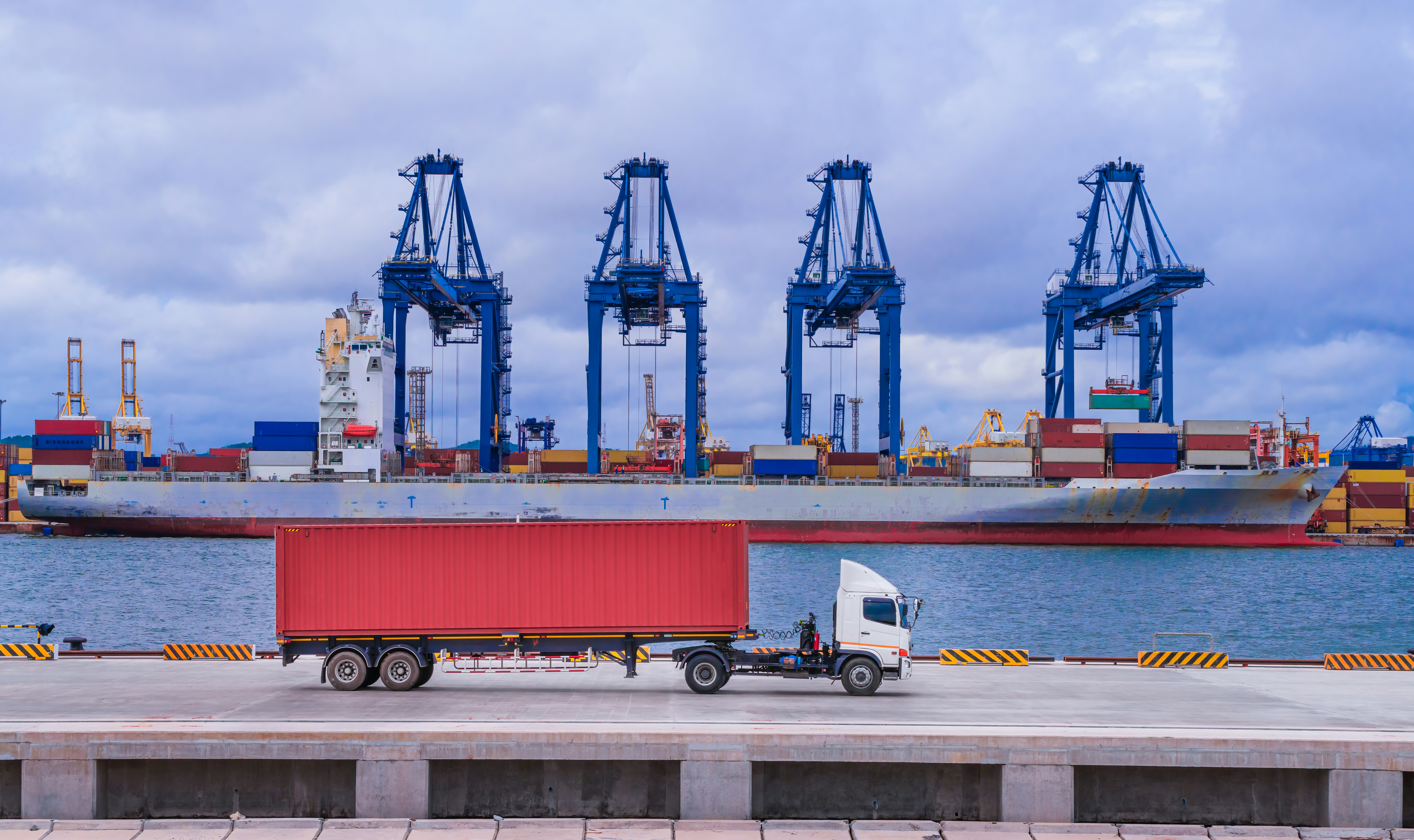European Commission President Ursula von der Leyen and European Council President Antonio Costa didn’t mince words as they stood before the press ahead of the G7 summit in Canada. The rhetoric around US tariff threats may dominate headlines, but for the EU’s top leadership, the deeper concern lies elsewhere: Europe’s underdeveloped defense capabilities in an era where Washington is clearly repositioning its global priorities.
Costa didn’t leave much room for ambiguity. Trade friction, he suggested, is a distraction—not the diagnosis. “The main issue between Europe and the United States is precisely about European defence,” he declared. This wasn’t a deflection. It was a reorientation. Trade disputes, however disruptive in the short term, are symptomatic. The real fault line is structural: Europe’s strategic dependency on American military protection and its delayed investment in defense readiness. That gap, Costa implied, can’t be closed amid economic instability.
President Trump’s now-tempered threat of a 50% tariff on EU imports may be on hold until July 9, but the uncertainty it introduced has already rippled across capital corridors. Negotiators on both sides acknowledge that a deal remains elusive.
Still, for Brussels, the numbers are secondary to the sequence. Without macroeconomic stability—without dependable trade flow—the bloc simply cannot reorient the fiscal bandwidth required to meet growing security demands. Particularly as Washington continues its pivot toward containing China, European defense spending must rise from rhetorical aspiration to fiscal execution.
In this context, tariffs aren’t just punitive—they’re a strategic brake. They compromise the EU’s ability to stand on its own defense legs.
Europe’s reliance on the US defense umbrella is nothing new. For decades, member states prioritized social spending and integration over hard security, comfortable under NATO’s collective shield. But that comfort now borders on complacency. The war in Ukraine exposed just how brittle Europe’s security assumptions have become.
Costa’s remarks signal a shift—from passive reliance to strategic urgency. Still, acknowledgment doesn’t equal capability. Rearmament demands not just political will but disciplined capital allocation, long-term procurement planning, and restructured industrial policy.
And herein lies the rub: fiscal capacity is finite. Tariff-induced drag on industrial output and sovereign revenues could derail Europe’s already fragile path toward defense autonomy. This isn’t just a budget debate. It’s a credibility test.
Sovereign funds, state lenders, and export-credit institutions across Europe are recalibrating in real time. A defense-centric Europe would reshape the investment mandate for public capital—diverting attention from energy transition, infrastructure upgrades, and even social programs toward defense manufacturing, logistics, and dual-use tech development.
That reallocation won’t happen in a vacuum. If US-EU trade ties erode further—particularly through erratic tariff policy—European sovereigns may be forced to pull forward defense allocations prematurely, creating fiscal asymmetries that ripple across sectors.
The upshot is clear: what appears to be a trade dispute carries embedded consequences for how Europe funds its future. Volatility at the negotiating table narrows the zone of macro-strategic discretion.
The rhetoric shift from tariffs to tanks isn’t just political choreography—it’s a recalibration of what matters in transatlantic relations. For much of the past two decades, trade alignment was the cornerstone of EU-US cooperation. That premise is now fraying.
What European leaders are signaling is not merely frustration with tariffs—it’s a call to anchor the relationship in long-term security interdependence. Trade frictions may spike headlines, but the foundational question has changed: can Europe step into a credible security role without sacrificing economic sovereignty?
By foregrounding defense burden sharing, Costa and von der Leyen are repositioning the terms of engagement. And while markets may still track tariff deadlines, policymakers are already allocating where it counts. This moment doesn’t just reflect a tactical reprioritization—it marks the early contours of a strategic realignment.
Europe’s defense posture will no longer be judged by alliance declarations alone. It will be measured by how effectively it insulates its economic base from the volatility of a rebalancing Atlantic partnership.















